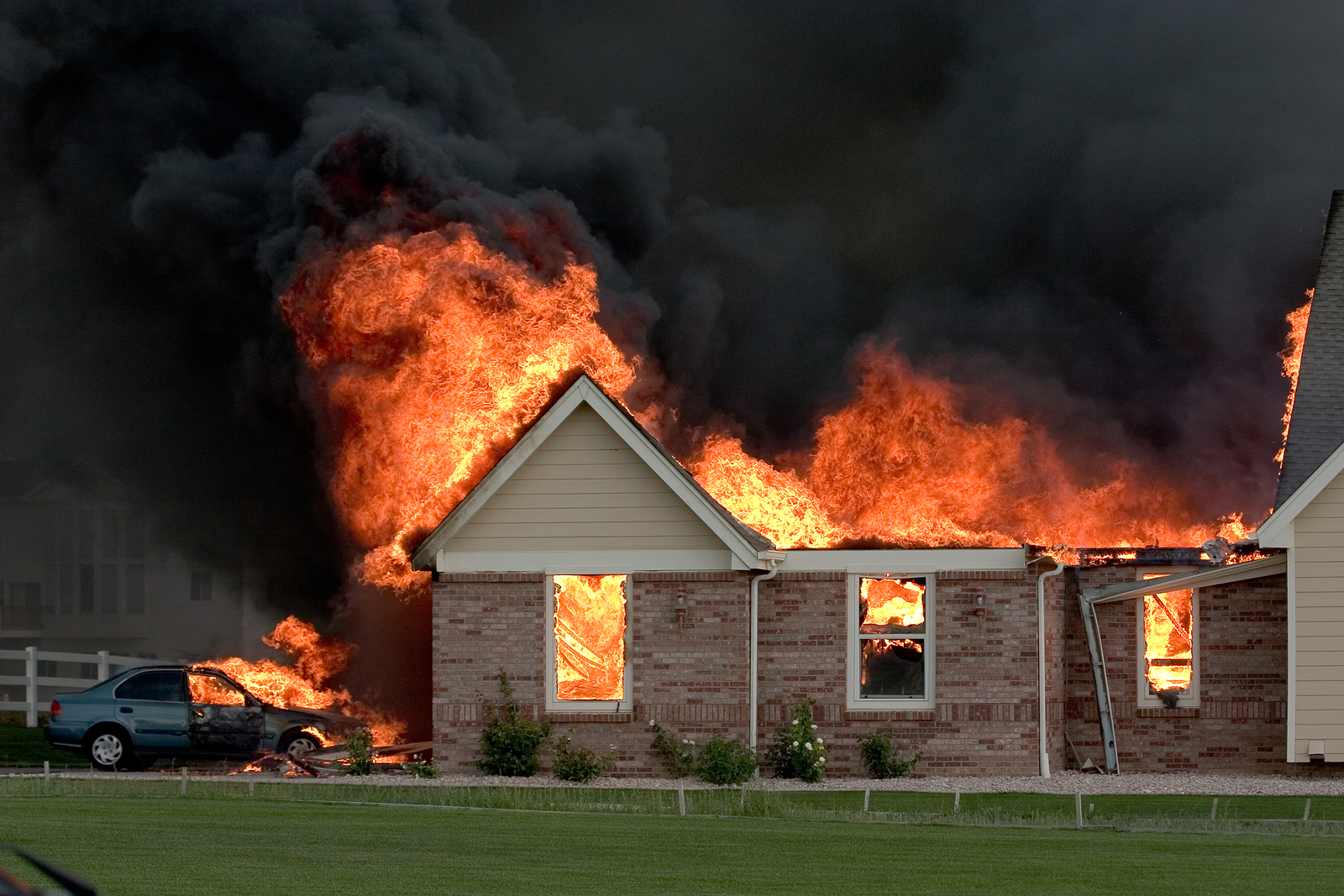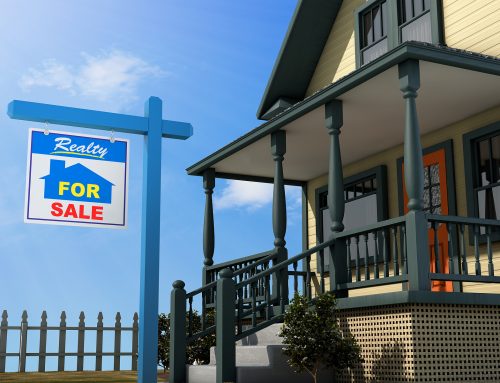Fall and winter see an increase in home fires. It makes sense when we consider that we cook more around the holidays, we light more candles and we place more flammable objects near heat sources (hello holiday tree!).
In 2017 (the latest year for which the National Fire Protection Association, or NFPA, has statistics), there were 379,000 residential structure fires across the United States. More than 2,600 deaths occurred as a result.
Additionally, fire caused $7.7 billion in damage to homes, or an average per-property loss of $21,463, according to the NFPA.
A home fire can be devastating, to both family and finances. Don’t wait to find out post-fire that you lack adequate insurance coverage to rebuild or repair.
Dig out your homeowners’ policy now and set your mind at ease.
Are fires covered by home insurance?
The standard home insurance policy covers home damage caused by fire and smoke.
A good standard policy will cover damage to the structure, attached structures as sell as your personal property within the home and, often, even landscaping.
An even better standard policy will cover the cost of staying somewhere else while the home is being repaired.
That said, consider the two situations under which a fire is typically not covered in a standard homeowner’s policy:
Vacant home fire – Homes are typically considered “vacant” if nobody has lived in them for the past 30 days. If you plan on moving and the home will be vacant for that long, or if you own a seasonal rental that sits unoccupied for 30-day or longer stretches, you can purchase vacant home insurance, usually as an endorsement (an addition or amendment) to your current policy.
This, of course, depends on whether your insurer carries vacant home insurance.
Step one, then, is to pore over your insurance documents (or call your insurance agent) to ensure that fire is covered (it almost always is) and that it applies to the vacant home.
Arson – The person who sets a fire deliberately is known, legally at least, as an arsonist. Not only is this a criminal offense but it may constitute insurance fraud as well.
When you report a home fire to your insurer, the company will first send an investigator to the home to look for the cause of the fire and for signs of arson.
The company will deny coverage if it’s learned that the fire was arson.
How much insurance coverage does the average homeowner need?
The maximum amount that the insurance company will give you to cover a loss is known as the policy’s “limits.” And, since no two homeowners are alike, the limits vary according to your needs.
When considering whether you have enough coverage, think about the following:
The home – Construction material prices and labor costs fluctuate. If you haven’t thought about your insurance policy for years, it’s time to dig it out and ensure you have enough coverage to replace your home.
Don’t make the common mistake many homeowners make by basing your coverage on your home’s current market value.
“The price you paid for your home—or the current market price—may be more or less than the cost to rebuild,” suggests the experts at the Insurance Information Institute (III).
“And if the limit of your insurance policy is based on your mortgage (as some banks require), it may not adequately cover the cost of rebuilding.”
The question to ask yourself isn’t “How much is the home worth right now?” but “How much will it cost to rebuild my home, in today’s dollars?”
Your personal property — In a home fire, it’s not just the flames that cause destruction. The smoke and the water used to douse the fire often destroy personal property as well.
If you haven’t yet taken a home inventory, do so as soon as possible. You’ll find lots of tips and advice online, such as this handy Home Contents Inventory Worksheet at NYCM.com, a walk-through of the process from III and a home inventory Q&A from Farmers Insurance.
If you find that you may need more coverage for your “stuff,” increase the limits for personal property. And, be aware, some items, such as expensive jewelry or artwork may come with lower limits, according to the folks at III.
We all know that homes should have working smoke detectors. It’s also important to consider having several fire extinguishers on-hand.
Some fire-protection additions may even get you a discount from your insurer. These include:
- Centrally-monitored fire alarm
- Fire-resistant construction
- Sprinkler system
Speak with your insurance company representative about your coverage needs before something happens, not after.
Powered by WPeMatico






